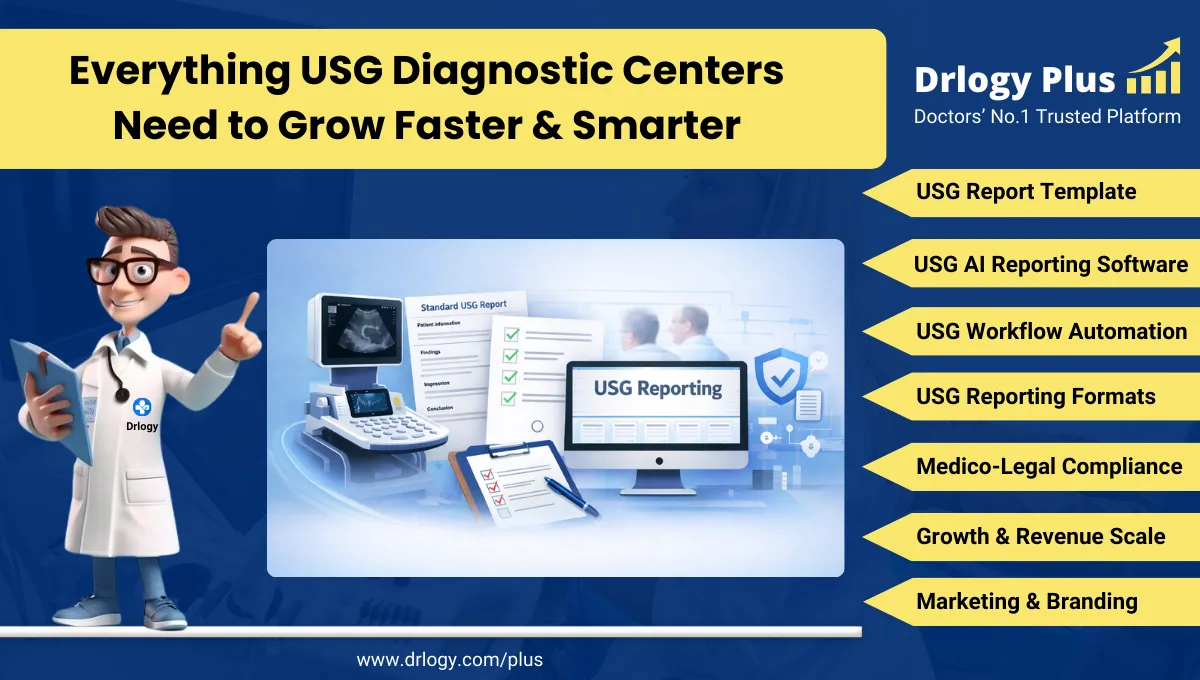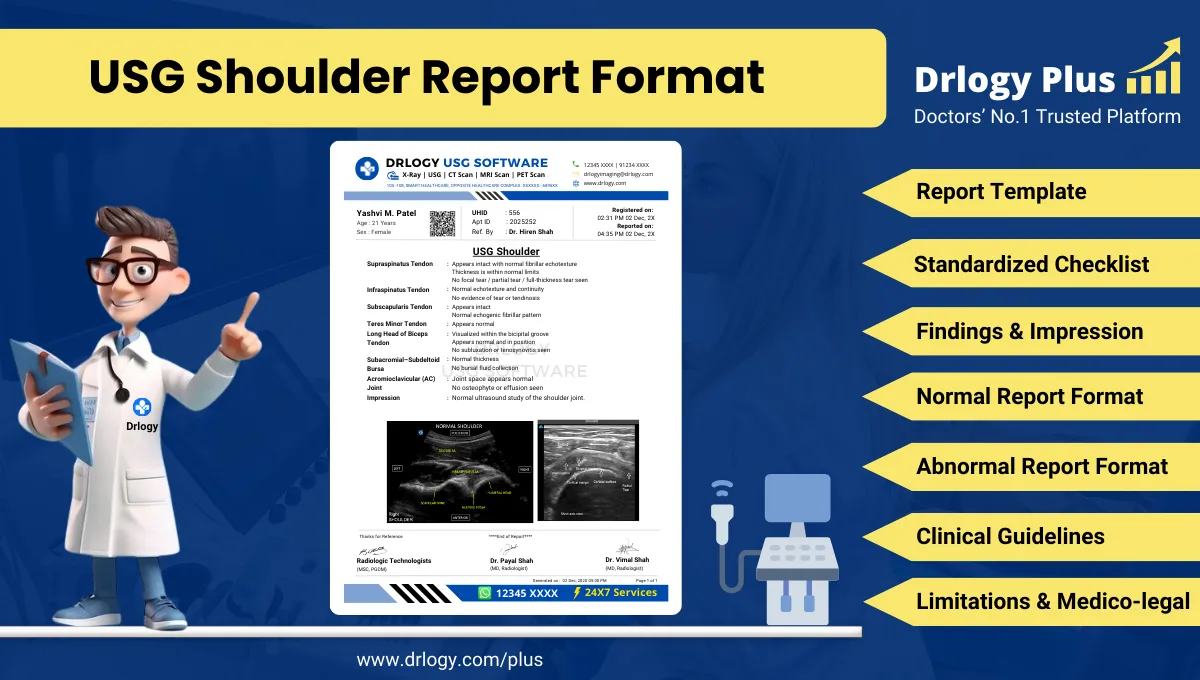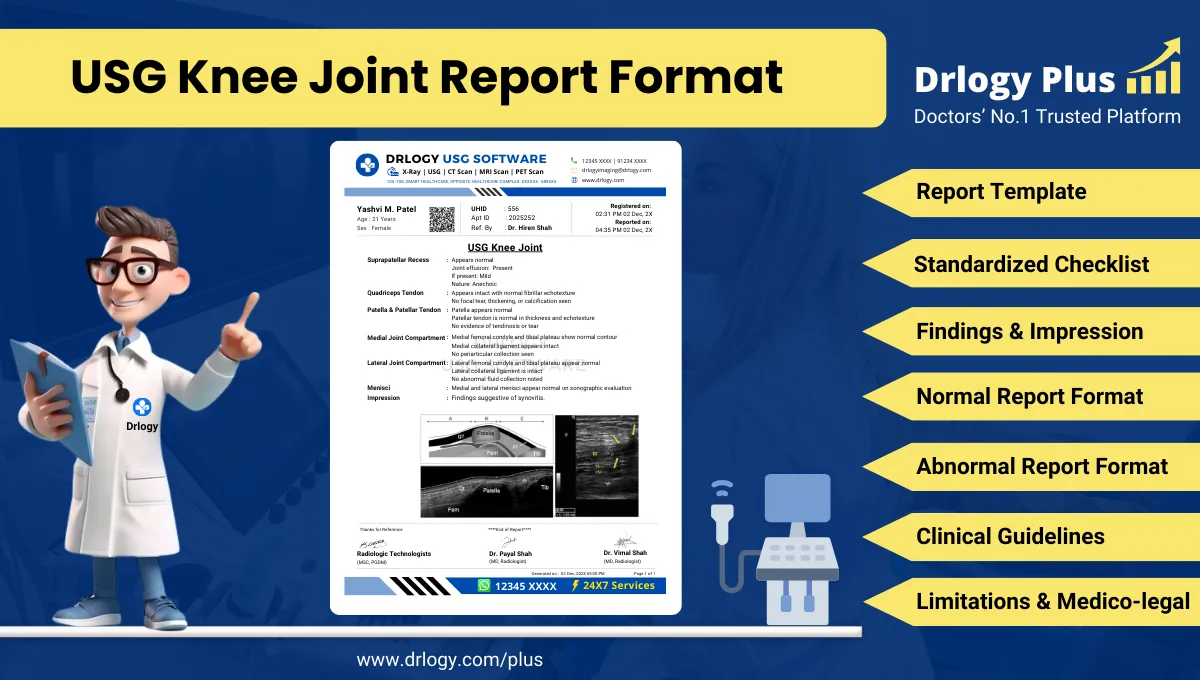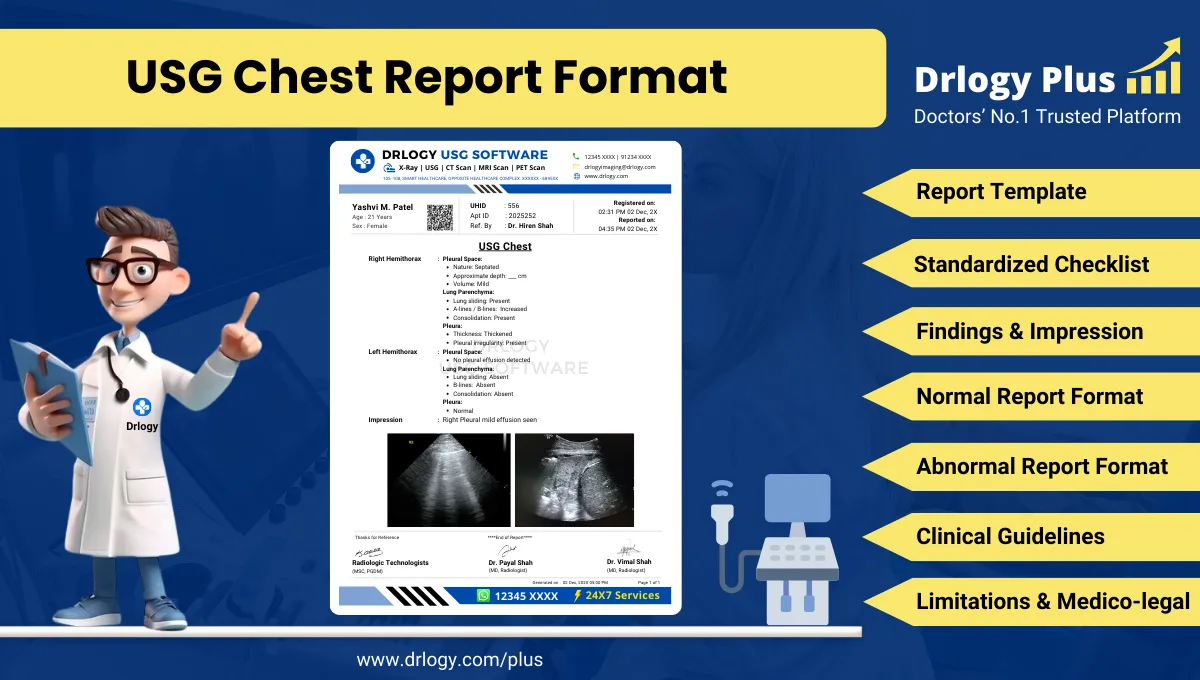

Drlogy
Healthcare organization
Why Medication Management Feature Must In Nursing Home Software
Effective medication management is crucial in nursing homes to ensure resident safety, improve adherence, and streamline administration processes.
Check:
Utilizing advanced software features can significantly enhance these efforts, ensuring optimal care and compliance with regulatory standards.
Check:
10 Best Medication Management Features for Nursing Home Software
Check 10 Best Medication Management Features for Nursing Home Software.
1. Automated Medication Schedules
- Personalized Schedules: Creates customized medication schedules tailored to each resident’s specific needs.
- Time-Based Alerts: Sends automated alerts for medication administration times to ensure timely dosing.
- Daily, Weekly, Monthly Views: Provides various views (daily, weekly, monthly) for easy schedule management.
- Dosage Instructions: Includes detailed dosage instructions for each medication.
- Staff Assignments: Assign specific staff members to administer medications and track adherence.
2. Real-Time Medication Tracking
- Administration Logs: Keeps real-time logs of medication administration, including time, dosage, and administering staff.
- Immediate Updates: Ensures any changes to medication regimens are updated in real-time.
- Missed Dose Alerts: Sends alerts if a scheduled dose is missed, prompting follow-up action.
- Resident Dashboard: Displays up-to-date medication status on a resident’s dashboard for quick reference.
- Compliance Monitoring: Tracks compliance rates andentifies patterns of missed doses.
3. Drug Interaction Alerts
- Automatic Alerts: Generates alerts for potential drug interactions based on resident’s medication list.
- Comprehensive Database: Uses an extensive database of drug interactions to ensure safety.
- Severity Levels: Categorizes interactions by severity to prioritize attention.
- Preventive Measures: Suggests alternative medications or adjustments to prevent interactions.
- Immediate Notifications: Notifies healthcare providers and caregivers immediately upon detection of an interaction risk.
4. Electronic Prescribing (e-Prescribing)
- Direct Prescriptions: Allows healthcare providers to prescribe medications electronically, reducing errors.
- Pharmacy Integration: Integrates with pharmacies forect transmission of prescriptions.
- Prescription Refills: Supports electronic requests for prescription refills, streamlining the process.
- Audit Trails: Maintains an audit trail of all prescriptions for tracking and compliance.
- Medication History: Keeps a comprehensive history of all prescribed medications.
5. Medication Reconciliation
- Admission Reconciliation: Compares a resident’s medication orders at the time of admission with prior medication lists.
- Discharge Reconciliation: Ensures medications at discharge align with the prescribed discharge plan.
- Transition of Care: Tracks medication changes during transitions of care to prevent discrepancies.
- Review Processes: Implements regular review processes for medication reconciliation.
- Audit Reports: Generates audit reports to ensure compliance and accuracy.
6. Resident Medication Profiles
- Comprehensive Profiles: Creates detailed medication profiles for each resident, including current and past medications.
- Allergy Information: Includes allergy information to prevent adverse reactions.
- Condition Tracking: Links medications to specific conditions for better management.
- Medication History: Provides a complete history of all medications taken by the resident.
- Profile Updates: Ensures profiles are updated in real-time with any medication changes.
7. Secure Medication Storage Management
- Inventory Control: Manages inventory of medications to ensure adequate supply levels.
- Automated Stock Alerts: Sends alerts when medication stocks are low or about to expire.
- Storage Compliance: Ensures medications are stored according to regulatory compliance requirements.
- Access Controls: Implements secure access controls to medication storage areas.
- Dispensing Logs: Maintains logs of all medications dispensed to track usage.
8. Reporting and Analytics
- Medication Usage Reports: Generates detailed reports on medication usage patterns and trends.
- Adherence Reports: Tracks and reports on medication adherence rates for individual residents.
- Interaction Analysis: Analyzes potential drug interactions and their impacts on resident health.
- Regulatory Compliance: Provides reports to ensure compliance with regulatory requirements.
- Outcome Tracking: Tracks medication outcomes to evaluate efficacy and safety.
9. Care Team Collaboration
- Shared Medication Lists: Allows all care team members to access and update shared medication lists.
- Collaborative Notes: Supports collaborative note-taking on medication administration and resident responses.
- Interdisciplinary Communication: Facilitates communication between different healthcare providers about medication plans.
- Task Assignments: Assigns tasks related to medication management to specific team members.
- Centralized Records: Centralizes all medication records for easy access and review by the care team.
10. Family and Resident Access
- Resident Portals: Provides access to medication information through resident portals.
- Family Notifications: Sends updates and notifications to family members about medication schedules and changes.
- Educational Resources: Offers educational resources about medications for residents and families.
- Feedback Mechanisms: Allows residents and families to provide feedback on medication management.
- Transparency and Involvement: Ensures transparency and involves residents and families in medication management decisions.
Drlogy Nursing Home Software Features Guide
Here's a full guide for 14 best Nursing Home Software features for clinic and hospitals.
| 1. Appointment | 8. Medication |
| 2. EHR | 9. Documentation |
| 3. Reporting | 10. Patient Followup |
| 4. Billing | 11. E-Prescriptions |
| 5. Patient Records | 12. Staff Management |
| 6. Mobile App | 13. Data Security |
| 7. Patient Portal | 14. Patient Education |
Summary
Overall, incorporating comprehensive medication management features in nursing home software enhances resident safety, improves adherence, and ensures efficient and compliant medication administration.
Check Drlogy Nursing Home Software Features Guide for efficient inpatient management and enhanced patient care for your nursing homes, clinics and hospitals for better patient management.




